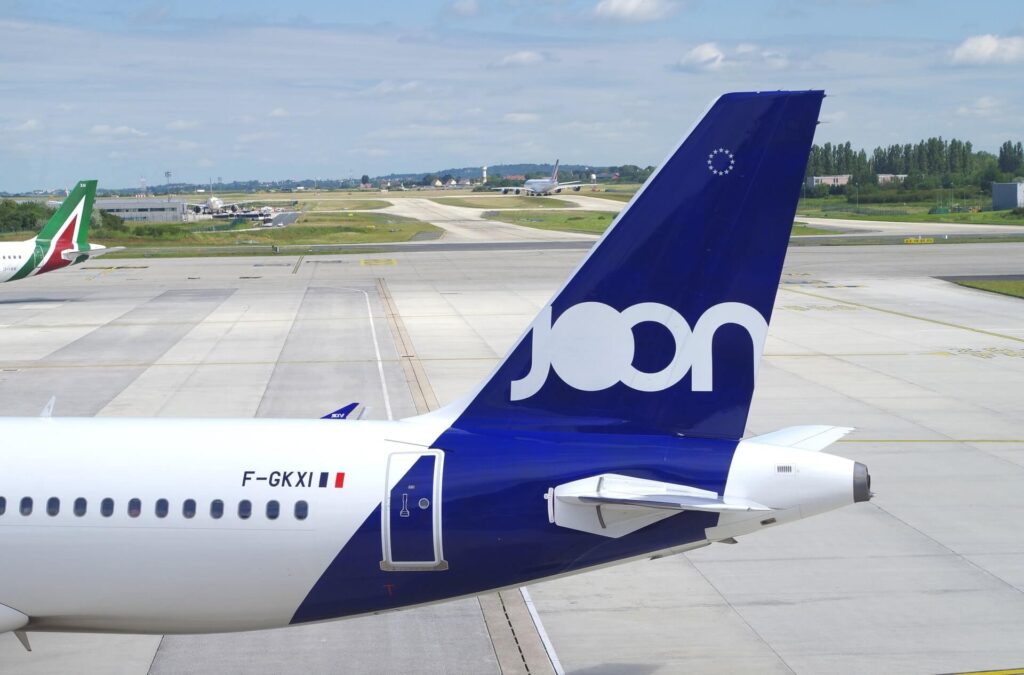Over the course of aviation’s short-lived history, there were quite a few startup airlines that changed the landscape of the industry. But there were those that fell flat on their face and were closed down as quickly as they were opened, including such examples as Delta Air Lines’ Song or Air France’s Joon.
But before establishing a startup airline or any other aerospace company, a few things have to be considered in order not to have the need to clean up the mess after falling flat.
“If we focus on what a startup should do, it is mainly three things. The first one is that they need to solve a problem,” stated Dr. Francisco José Tavira, an Entrepreneur in Residence at Airbus’ Business Incubator, at AIR Convention Digital Week 2020. “What they should not do is to push technology or development and later pray in order to get someone to provide funds,” added Tavira.
Secondly, a startup should identify its target audience, whether that would be customers or businesses, and mark down the potential market size. Thirdly, a very important step is to identify what would be their advantage versus its main competition in the market.
While these three things are the basic foundation of a startup, according to Tavira, the foundations could even be expanded into such actions as establishing a community and directly asking what kind of problems it has faced. An answer could help a startup to focus on its value proposition and then get financing commitments much easier, maybe even from the community itself, helping it to move to its next phase – building the product itself.
“At the same time, you will be able to understand your value streams, such as activities and resources needed, their costs and distribution channels, and to fine-tune your business model,” noted the intrapreneur within Airbus. “Once you do have some metrics, you can see the potential and get some investors,” to further advance your product after completing the initial round of funding.
Cooperation is key
There are numerous cases, however, where startups did not start operations as a fresh company, but rather a subsidiary or a secondary business unit. Such airlines as Air France’s Joon, Delta Air Lines’ Song, or International Airlines Group (IAG)’s (IAG) LEVEL were born from within the company as a way to address a certain need in the market, whether it would be millennials or leisure, low-cost, travelers. These companies, whether successfully or not, allowed companies to establish new revenue streams.
The process of establishing startups within companies could be more efficient, noted Tavira. Balancing the needs of core business units within the company and intrapreneurs is important, and a perfect cooperation model needs to be sought by a business in order to find harmony between the two sides.
“The relationship should create the tools and support to be able to move quickly and listen to the customers, in order to build that venture ready to escape as a subsidiary or hand over to a business unit, so that it could begin operations,” Tavira said.
A shaky balance could result in an unhappy relationship between the parent company and a newly established subsidiary. The aforementioned Song, Delta Air Lines low-cost subsidiary that existed between 2003 and 2006, was axed as the company faced financial difficulties. The then-chief executive of the airline Gerald Grinstein told the New York Times that “with our economic situation, we just couldn’t continue it.” But Delta also failed to balance the needs of its unions, as flight crews who had transferred to the low-cost subsidiary lost their seniority privileges. Air France’s Joon, seemingly, shared the same fate:
“Despite the many positive impacts of Joon, in particular the invaluable contribution of the teams at Joon who launched the company and worked with passion and dedication, the brand was difficult to understand from the outset for customers, for employees, for markets, and for investors,” stated the French airline in a press release, announcing the closure of the subsidiary.
“The plurality of brands in the marketplace has created much complexity and unfortunately weakened the power of the Air France brand.”

